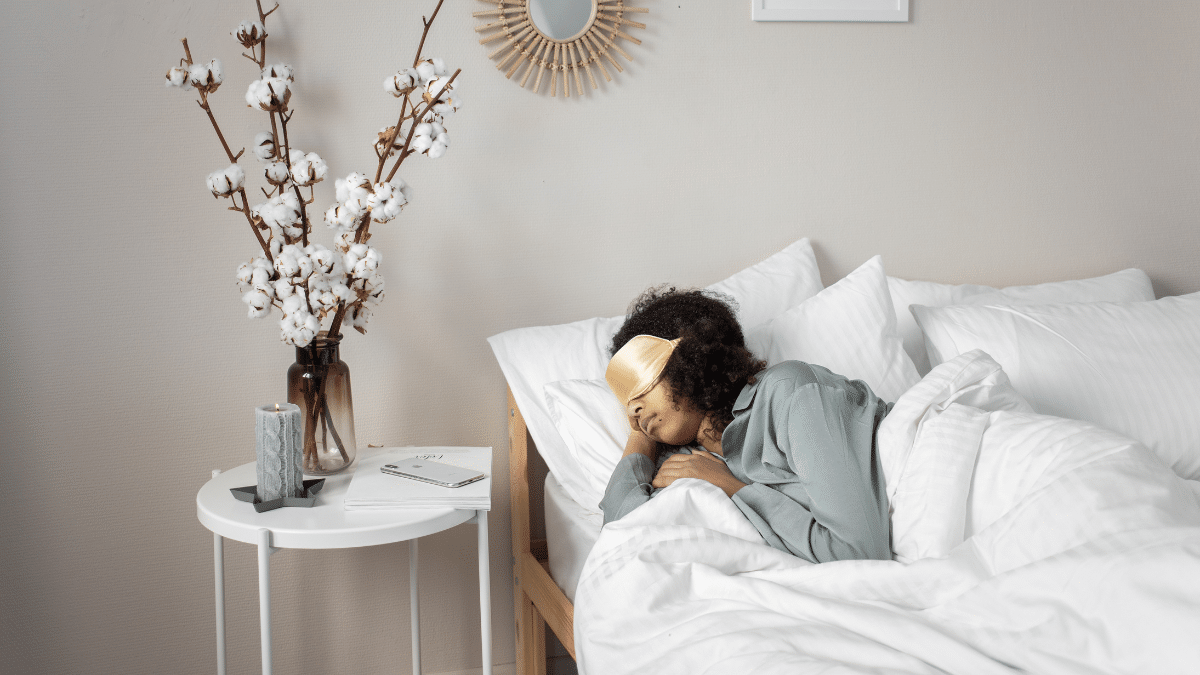
Could napping improve your recovery? • Stronger by Science
Insufficient sleep is both unpleasant and well-documented to impede your efforts to improve your body composition.
The bad news is that the negative effects don’t stop there. Sustained sleep restriction can also negatively affect performance in the gym and recovery.
To illustrate, a study by Knowles et al had 10 healthy, trained females undergo two conditions. In the sleep restriction condition, participants only spent five hours per night in bed for nine days. In the normal sleep condition, participants were in bed for at least seven hours for nine days.
During the nine-day periods, participants performed four full-body workouts. The researchers found that while volume load was similar whether participants were well-rested or not, sleep restriction did reduce mean concentric velocity per set for the lower-body lifts. Other metrics like intraset velocity loss, salivary cortisol, total training distress, and perceived exertion were also negatively impacted.
Unfortunately, due to schedule constraints, increasing your hours in bed at night may not always be feasible. Fortunately, there may still be a way to improve recovery: naps.
A meta-analysis by Mesas et al investigated the effects of daytime napping on sport performance and fatigue in physically active adults and athletes. Overall, napping was found to enhance both cognitive and physical performance and reduce fatigue, even when participants had not been sleep-deprived.
The performance benefits were especially notable for naps lasting between 30 and just under 60 minutes, and when the time between waking from the nap and performance testing exceeded one hour. Though fewer in number, studies on naps following partial sleep deprivation also indicated positive effects.
Importantly, most of the conclusive findings came from studies where participants had a normal night’s sleep, suggesting that naps may provide an additional performance boost even under ideal sleep conditions.
Notably, this meta-analysis did find some evidence of publication bias, so these findings should be viewed with circumspection.

With that being said, other meta-analyses have similar findings, suggesting we can have a reasonable degree of confidence that naps do improve recovery, even in normal-sleep situations. Additionally, based on a more limited dataset, but a reasonable rationale, it’s likely that naps do also benefit recovery in the context of sleep deprivation.
So, if I’ve convinced you that naps could help you feel and perform better, how should you go about it?
Here’s a summary. If you’re going to nap, it’s probably best to do so in the morning or early afternoon to avoid feeling alert and awake when you’re trying to fall asleep at night. As far as duration goes, benefits tend to be maximized between 30 and 60 minutes. You likely want to wake up at least an hour before engaging in any exercise. Finally, naps likely benefit your recovery whether you are sleep deprived or have been sleeping normally.
![]()


